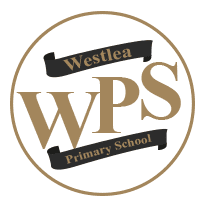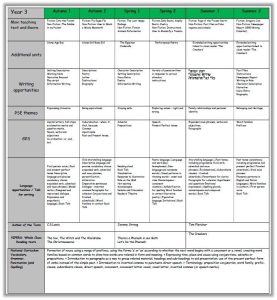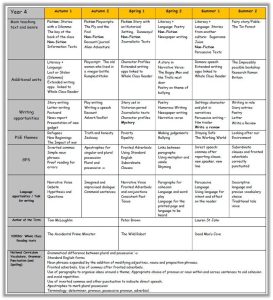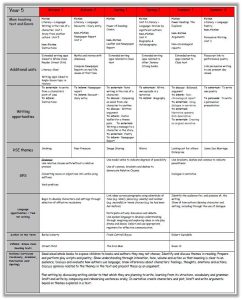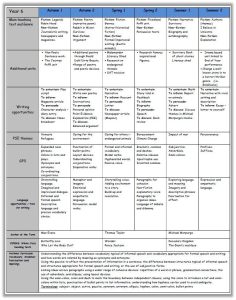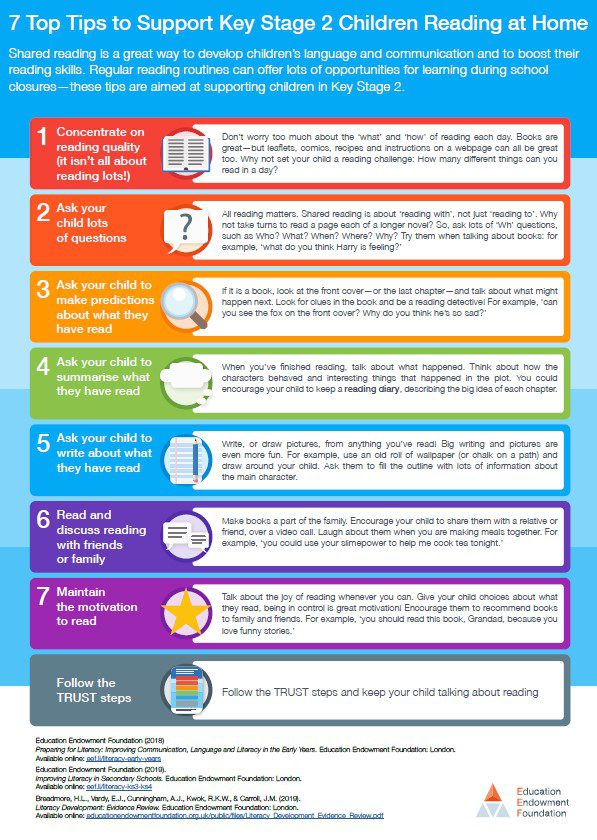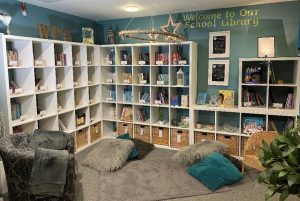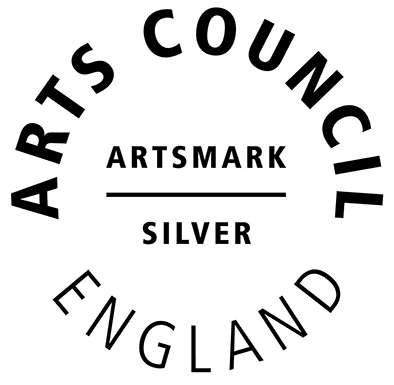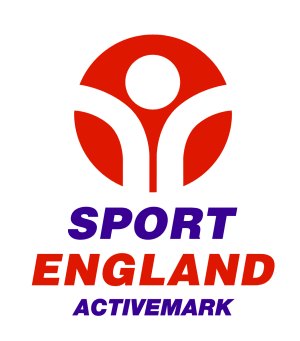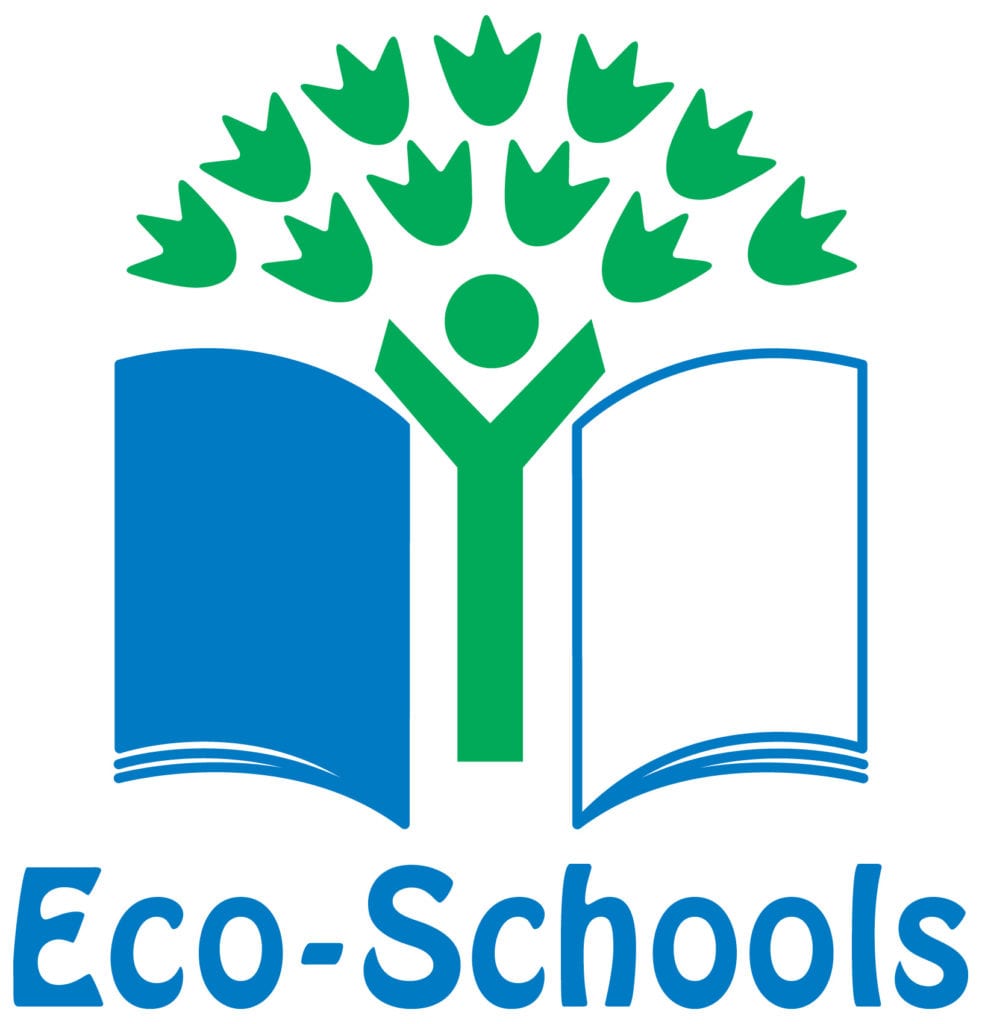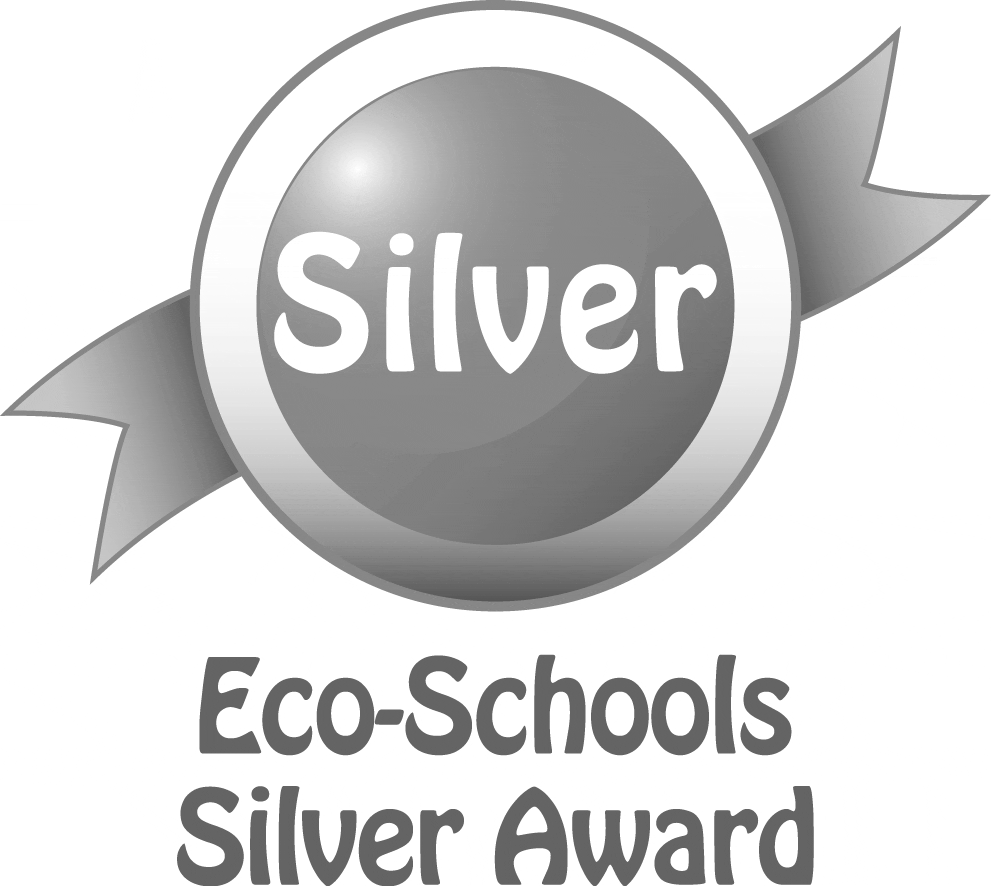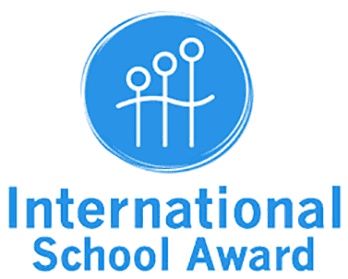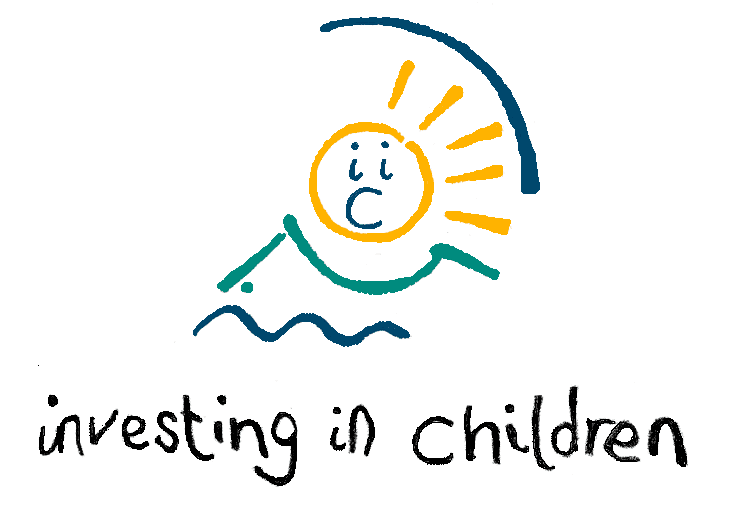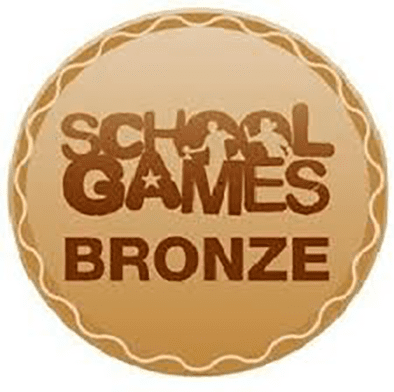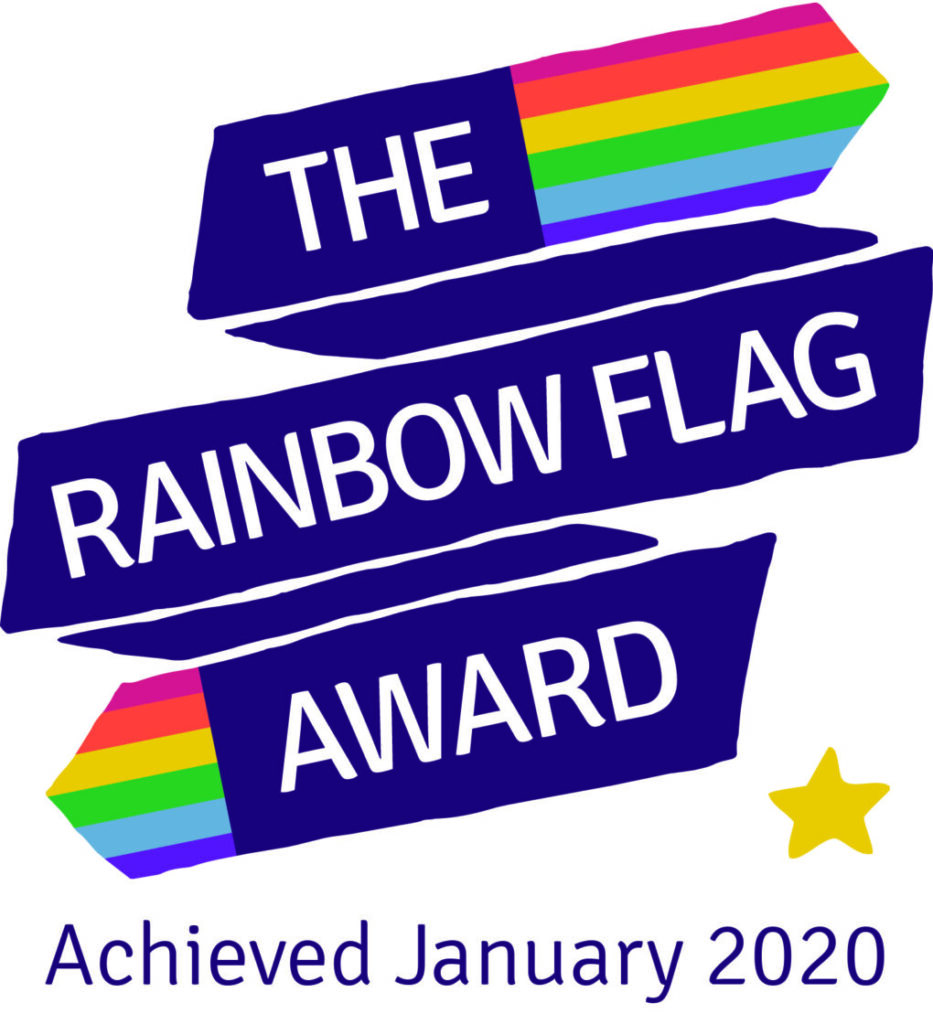Reading in Key Stage 2
‘A vital skill that supports children’s learning across the whole curriculum.’
At Westlea Primary, reading is promoted as an intrinsic part of teaching and learning. The ability to read is not only the key to learning but it also has a huge impact on children’s self-esteem and future life chances.
As a school, we will ensure that our children are taught to read with fluency, accuracy and understanding through a variety of discreet and cross-curricular learning opportunities.
We want our children to fall in love with reading so that it brings them pleasure and allows them to experience new things, discover new worlds and explore the emotions of others. Above all, we want them to become enthusiastic, independent and reflective readers.

In Key Stage Two, children use their knowledge of how to read and decode words, and develop their ability to understand and interpret texts. This is achieved through a bespoke curriculum designed to inspire and challenge our pupils.
We use Read, Write Inc Literacy and Language units, Power of Reading planning and Literacy Shed in our daily lessons. The vast range of text types, spoken and written word ensure our children are given the skills to comprehend every text and the confidence to respond ambitiously and accurately through the teaching of grammar, vocabulary and spelling.
Emphasis is placed on ‘Book talk’ developing the children’s thinking through discussion and drama. A teacher will often model a reader’s thoughts and encourage discussion to help students verbalise their thinking.
Pairing a fiction and a non-fiction text can increase understanding of the fiction text and give more context for the non-fiction text. It’s also a great way to incorporate wider issues, from world affairs to grammar and punctuation use.
There is also a strong focus on vocabulary and spelling. Having a good vocabulary is the gateway to understanding – if we don’t understand the words we read, then we can’t understand a text. We need to provide children with opportunities to hone skills such as morphemic and contextual analysis.
By the beginning of year 3, pupils should be able to read books written at an age appropriate interest level. They should be able to read them accurately and at a speed that is sufficient for them to focus on understanding what they read rather than on decoding individual words.
They should be able to decode most new words outside their spoken vocabulary, making a good approximation to the word’s pronunciation. As their decoding skills become increasingly secure, teaching should be directed more towards developing their vocabulary and the breadth and depth of their reading, making sure that they become independent, fluent and enthusiastic readers who read widely and frequently.
They should be developing their understanding and enjoyment of stories, poetry, plays and non-fiction, and learning to read silently. They should also be developing their knowledge and skills in reading non-fiction about a wide range of subjects. They should be learning to justify their views about what they have read: with support at the start of year 3 and increasingly independently by the end of year 4.
Lower Key Stage 2
Years 3 & 4
Most pupils will not need further direct teaching of word reading skills: they are able to decode unfamiliar words accurately, and need very few repeated experiences of this before the word is stored in such a way that they can read it without overt sound-blending. They should demonstrate understanding of figurative language, distinguish shades of meaning among related words and use age-appropriate, academic vocabulary.
As in key stage 1, however, pupils who are still struggling to decode need to be taught to do this urgently through a rigorous and systematic phonics programme so that they catch up rapidly with their peers. If they cannot decode independently and fluently, they will find it increasingly difficult to understand what they read and to write down what they want to say. As far as possible, however, these pupils should follow the year 3 and 4 programme English – key stages 1 and 2 24 of study in terms of listening to new books, hearing and learning new vocabulary and grammatical structures, and discussing these.
Upper Key Stage 2
Years 5 & 6
By the beginning of year 5, pupils should be able to read aloud a wider range of poetry and books written at an age-appropriate interest level with accuracy and at a reasonable speaking pace.
They should be able to read most words effortlessly and to work out how to pronounce unfamiliar written words with increasing automaticity. If the pronunciation sounds unfamiliar, they should ask for help in determining both the meaning of the word and how to pronounce it correctly.
They should be able to prepare readings, with appropriate intonation to show their understanding, and should be able to summarise and present a familiar story in their own words. They should be reading widely and frequently, outside as well as in school, for pleasure and information. They should be able to read silently, with good understanding, inferring the meanings of unfamiliar words, and then discuss what they have read.
Pupils should be able to write down their ideas quickly. Their grammar and punctuation should be broadly accurate. Pupils’ spelling of most words taught so far should be accurate and they should be able to spell words that they have not yet been taught by using what they have learnt about how spelling works in English.
During years 5 and 6, teachers should continue to emphasise pupils’ enjoyment and understanding of language, especially vocabulary, to support their reading and writing. Pupils’ knowledge of language, gained from stories, plays, poetry, non-fiction and textbooks, will support their increasing fluency as readers, their facility as writers, and their comprehension.
As in years 3 and 4, pupils should be taught to enhance the effectiveness of their writing as well as their competence. It is essential that pupils whose decoding skills are poor are taught through a rigorous and systematic phonics programme so that they catch up rapidly with their peers in terms of their decoding and spelling. However, as far as possible, these pupils should follow the upper key stage 2 programme of study in terms of listening to books and other writing that they have not come across before, hearing and learning new vocabulary and grammatical structures, and having a chance to talk about all of these.
By the end of year 6, pupils’ reading and writing should be sufficiently fluent and effortless for them to manage the general demands of the curriculum in year 7, across all subjects and not just in English, but there will continue to be a need for pupils to learn subject specific vocabulary. They should be able to reflect their understanding of the audience for and purpose of their writing by selecting appropriate vocabulary and grammar.
Teachers should prepare pupils for secondary education by ensuring that they can consciously control sentence structure in their writing and understand why sentences are constructed as they are. Pupils should understand nuances in vocabulary choice and age-appropriate, academic vocabulary. This involves consolidation, practice and discussion of language.
Whole Class Reading
Each class studies a whole class reading book each term. Reading aloud allows children to access high level texts, enables them to hear how unfamiliar language and sentence structures should sound and is proven to aid comprehension of a text. Research has also found that hearing books read aloud gives children a model for their own independent reading. The children then study the text using VIPERS questioning.
VIPERS stands for:
Vocabulary
Infer
Predict
Explain
Retrieve
Sequence or Summarise
The 6 domains focus on the comprehension aspect of reading and not the mechanics. As such, VIPERS is not a reading scheme but rather a method of ensuring that teachers ask, and students are familiar with, a range of questions to deepen understanding. The document below shows the type of questions we use in Whole Class Reading.
Author of the Term
Each class has an author they study in more depth each term. It may be linked to the class novel or the daily literacy lesson. We find that this helps children to make more meaningful links to what they are learning, exposes them to different types of literary voice, expands their reading experiences and allows them to form closer connections through shared reading experiences.


READING BUDDY from Oxford Owl
An interactive website which can be accessed at school and home. It gives children a virtual reading service that develops deeper comprehension skills and makes reading fun! Each child is placed at the correct level based on their reading age; allowing them to read anywhere.
Home Reading
Reading diaries are used to communicate between home and school. Inside your child’s reading diary, you will find information pertinent to their reading age and ability. Teachers will communicate reading progress and possible suggestions for your child if they feel it is suitable. Please support your child by listening to them read and signing their book weekly. The routine of reading daily and the time given to this should increase as your child moves up through the school. Teachers will suggest timings in their welcome meetings and information that reflects this. If you have any queries or need support in any way with reading, then please contact the school.
LIBRARY AREA
At Westlea, we place high quality story, non-fiction and poetry books at the heart of our curriculum. Books are carefully chosen for each topic to engage and inspire the children to develop a passion for reading. We want children to move from ‘learning to read’ to ‘reading to learn’ and for enjoyment as soon as possible. In this regard, we are incredibly lucky to have such an inviting and well stocked library area that the children are encouraged to spend time in and chose a book from.
 Seaham Local Library
Seaham Local Library
Please remember to make use of the amazing local library in Seaham. They offer a fantastic range of books, games and resources for you to borrow and use at home- free of charge with your library card.
Seaham Library – Durham County Council
